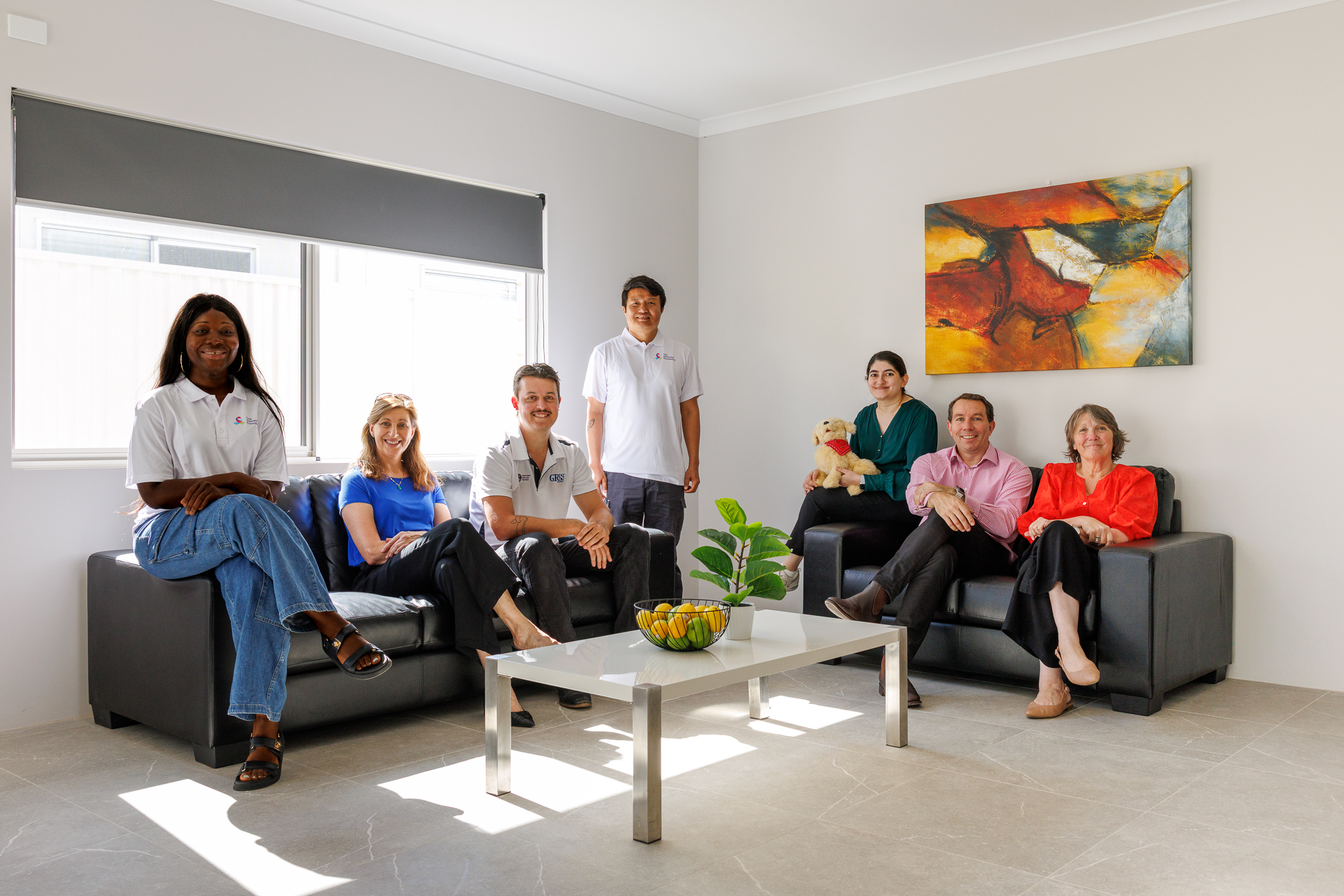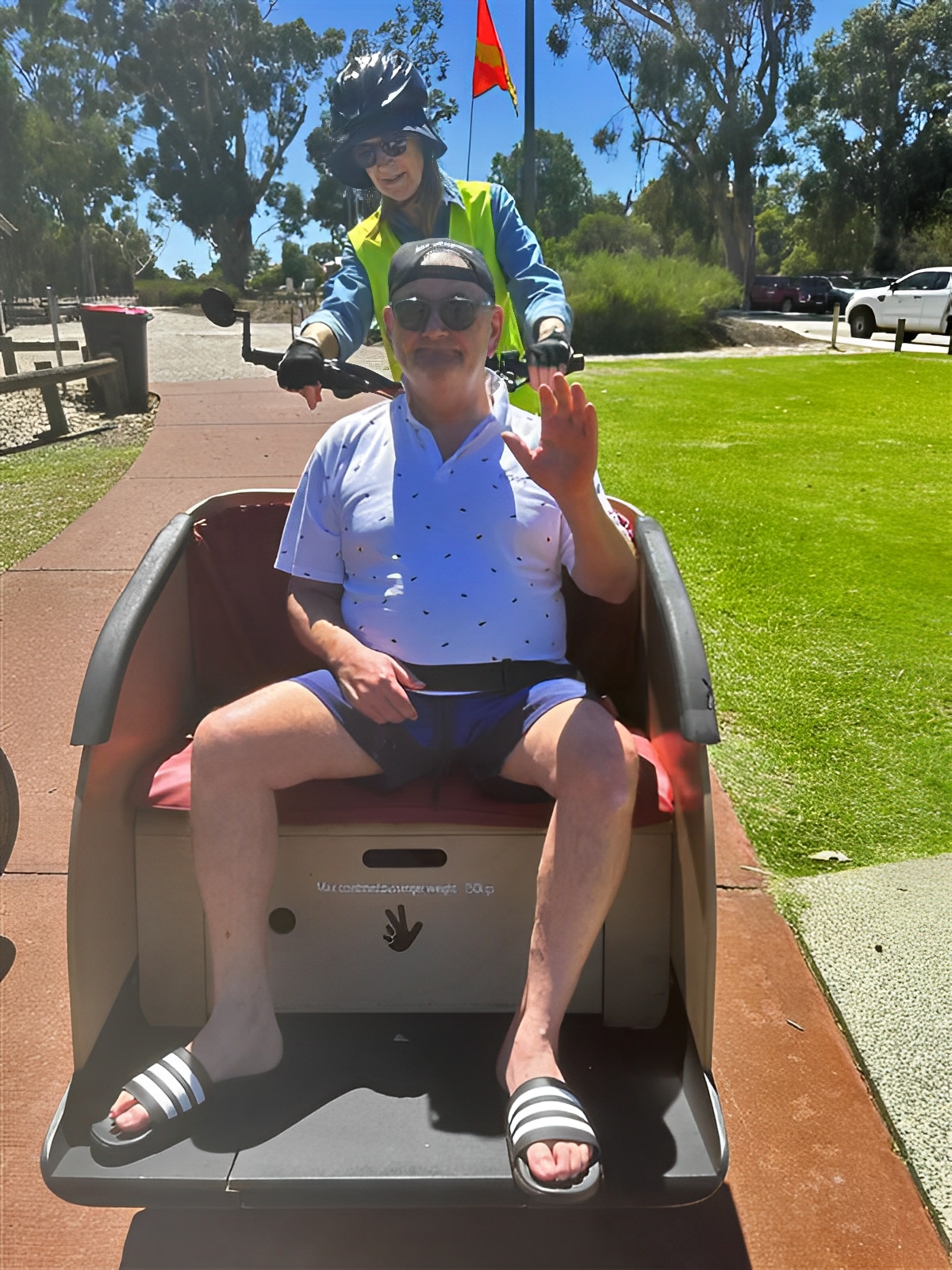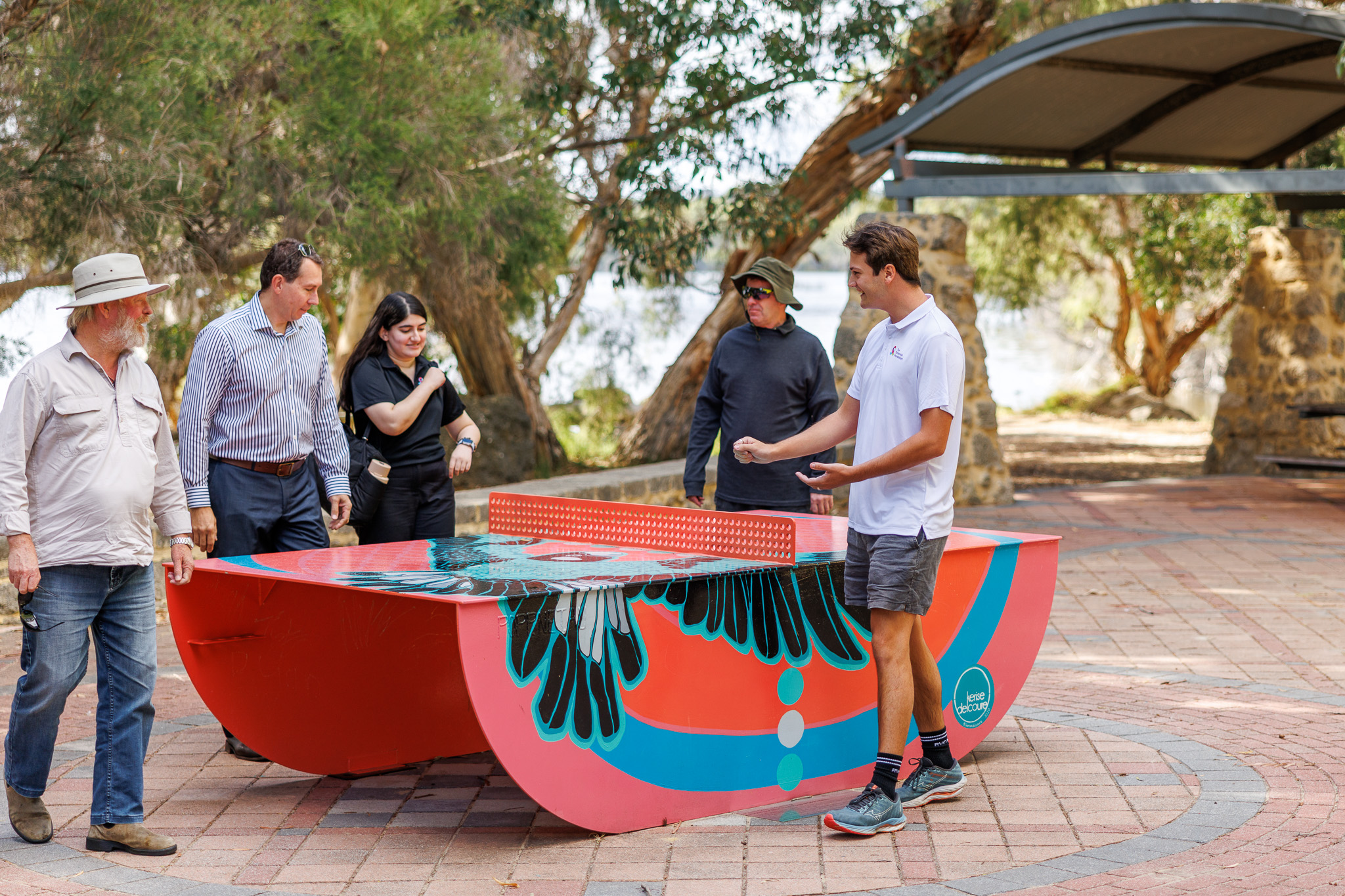Practical Tools for Families.
Caring for someone with young onset dementia while managing family life requires practical strategies. These tools help you communicate effectively, create supportive environments, and plan for changes.

Caring for someone with young onset dementia while managing family life requires practical strategies. These tools help you communicate effectively, create supportive environments, and plan for changes.


For Adult Family Members:
For Children and Teenagers:
Sample Scripts:
Daily Communication Tips:
When Communication Becomes Difficult:
Managing Challenging Conversations:



Safety Modifications:
Visual and Spatial Supports:
Bedroom Setup:
Living Areas:
Monitoring Health:
When Abilities Decline:
Care Planning Steps:


When Depth Perception Changes:
Helping with Navigation:
Professional Support:
Personal Support:
Emergency Contacts:


Educational Materials Available:
Support Services:
Remember: You don’t have to manage this alone. Professional support and community connections make the journey easier for everyone.
Access Family Support – Call 1300 865 282
Make a Referral Now